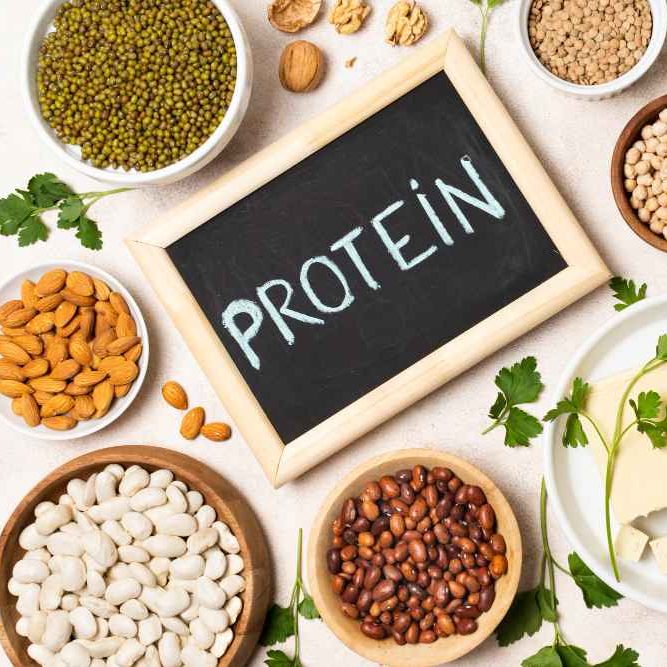
The struggle with weight is a pervasive issue in America, affecting nearly three-quarters of the population. Despite the prevalence of weight-related challenges, the pursuit of weight loss remains a common endeavor, with millions of Americans investing significant resources in commercial weight-loss plans and supplements. However, achieving sustainable weight loss requires a thoughtful and personalized approach, focusing on gradual lifestyle changes rather than quick fixes or fad diets.
Embrace Personalization and Patience

1. Define Your Goals
- Before embarking on your weight loss journey, establish clear and realistic goals tailored to your individual needs and health status. Consider consulting with a healthcare professional to determine a healthy target weight.
2. Customize Your Approach
- Identify a weight loss approach that aligns with your preferences, lifestyle, and health requirements. Whether it’s adopting a specific diet plan, increasing physical activity, or integrating mindfulness practices, choose strategies that resonate with you.
3. Prioritize Sustainable Progress
- Understand that sustainable weight loss takes time and consistency. Avoid succumbing to the allure of rapid results and focus on making gradual, lasting changes to your habits and behaviors.
Adopt Healthy Eating Habits

1. Emphasize Nutrient-Dense Foods
- Opt for whole, unprocessed foods rich in essential nutrients, such as fruits, vegetables, lean proteins, and whole grains. These foods provide vital nutrients while promoting satiety and overall well-being.
2. Practice Portion Control
- Be mindful of portion sizes and avoid overeating. Use smaller plates and utensils to manage portions effectively and prevent excess calorie consumption.
3. Limit Processed and Sugary Foods
- Minimize intake of processed foods, sugary snacks, and beverages high in added sugars. Instead, focus on natural, nutrient-rich alternatives to support your weight loss goals.
Incorporate Physical Activity
1. Find Activities You Enjoy
- Explore various forms of physical activity and choose activities that you genuinely enjoy. Whether it’s walking, swimming, dancing, or yoga, engaging in enjoyable exercises increases adherence and motivation.
2. Prioritize Consistency
- Aim for regular physical activity throughout the week, incorporating both cardiovascular exercises and strength training to support overall health and weight management.
3. Stay Active Throughout the Day
- Integrate movement into your daily routine by taking active breaks, opting for stairs instead of elevators, and engaging in household chores or hobbies that involve physical exertion.
Cultivate Mindful Practices
1. Practice Mindful Eating
- Pay attention to hunger cues, eat slowly, and savor each bite during meals. Mindful eating promotes awareness of food choices and prevents overeating.
2. Manage Stress Effectively
- Implement stress-reducing techniques such as meditation, deep breathing exercises, or engaging in hobbies to alleviate stressors that may contribute to emotional eating or weight gain.
3. Prioritize Sleep and Recovery
- Ensure adequate sleep and restorative downtime to support overall well-being and optimize weight loss efforts. Quality sleep promotes hormonal balance and regulates appetite.
Seek Support and Accountability
1. Build a Support Network
- Surround yourself with supportive friends, family members, or online communities who can offer encouragement, accountability, and practical advice throughout your weight loss journey.
2. Celebrate Progress
- Acknowledge and celebrate small victories along the way, whether it’s reaching a milestone, adopting a healthier habit, or overcoming challenges. Recognizing progress reinforces motivation and resilience.
3. Stay Flexible and Adaptive
- Remain open to adjusting your approach as needed based on feedback, setbacks, and evolving goals. Flexibility and adaptability are essential for long-term success in weight management.
Conclusion
Navigating the complexities of weight loss requires a personalized, holistic approach that prioritizes sustainable habits, healthy eating, physical activity, and mindful practices. By embracing gradual progress, cultivating self-awareness, and seeking support from others, you can embark on a transformative journey towards improved health and well-being. Remember, the path to lasting weight loss is not always linear, but with perseverance and dedication, you can achieve your goals and lead a fulfilling, balanced life.
